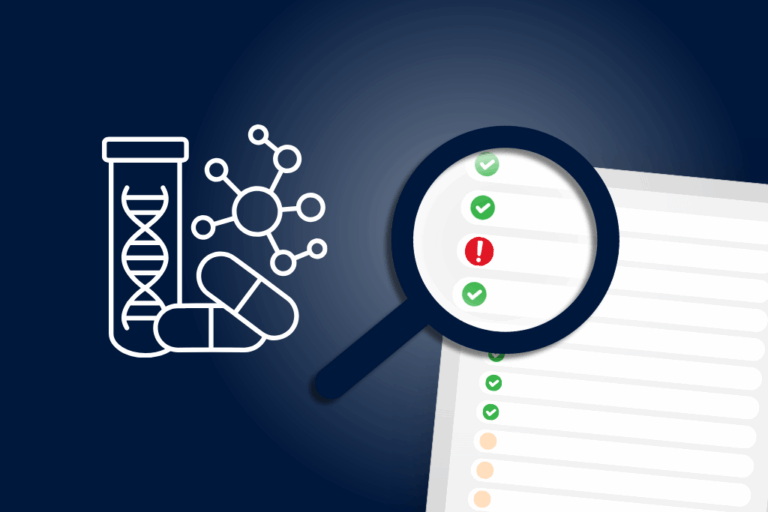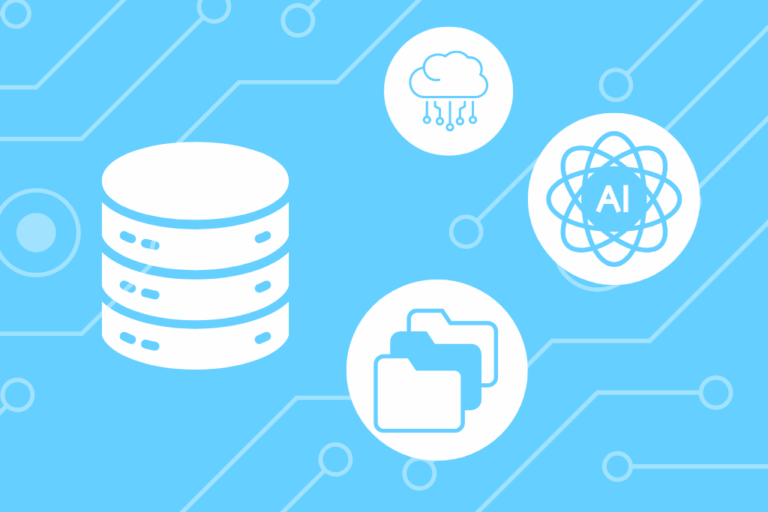In the age of advanced Cloud technology development, why is the Middle East still reluctant to commit to the Cloud in favor of on-site storage, amid increasing concern for cyber-attacks and data protection? What should organizations in the Middle East be aware of when it comes to Cloud and data residency?
For every business, data protection is a huge priority. However, the myth that Cloud technologies are not as secure as on-premises ones is just that, a myth. This is largely because the data is not stored on personally owned servers. But that does not mean that your data is out of your control or not secure, especially if you choose a local service which is not affiliated with a U.S. provider.
While GITEX Technology Week is in full swing and local digital players are in attendance, the event is keen to share how many regional businesses have now accelerated their efforts to utilize Cloud storage, especially in light of the pandemic. However, misconceptions surrounding Cloud technology are still apparent for directors.

In the Middle East, this reticence to adopt cloud technology is a matter of slower trends toward adoption. So how can this reluctance be alleviated? Well starting with sharing key facts about the benefits of Cloud technology is a good place to start.
Adopting CLOUD technology is a smart move
Cloud computing otherwise known as SaaS (Software as a service) is an alternative to the standard software installation where a user has to build the server, install the application and configure it. There are many advantages for businesses to adopt SaaS technology:
- Easy and quick installation: When choosing a SaaS solution for your business, the installation and configuration of the application can be completed in one business day
- Reducing costs: While using SaaS, users benefit from a subscription plan instead of paying for the software itself. The cost of maintenance is minimal
- Safer Storage: When your data is stored via the Cloud it is securely held in off-site locations that are 100% equipped to monitor and protect your data
- Updates and upgrades: Costs and efforts associated with upgrades and new releases are lower than the traditional model. At DiliTrust, our software is subjected to rigorous and continuous testing, upgrades, and updates to ensure the protection of your data
- 24/7 support: DiliTrust provides 24/7 technical support (in and Arabic) in the MEA region for all our customers. Our team also provides clients with unlimited and personalized training for the seamless adoption of cloud SaaS technology.
Not just a cost-cutting initiative!
SaaS applications clearly present advantages for businesses in the MEA but their number one advantage is data security. When implementing a cloud solution, the software editor stores and maintains servers and databases. This means that cloud technology incorporates advanced and specialist security features beyond those of on-site capabilities. When combined with experienced data security experts, Cloud computing provides an incredible guarantee of high-security data storage. Clients who choose DiliTrust to protect their data also benefit from our ISO 27 001 international security certificate among local security specifications.
Global consultancy firm Deloitte has found through their research that companies who fear cyberattacks are statistically safer if they choose to store their data using the cloud. “On-premises environment users experience an average of 61.4 attacks, while service provider environment customers averaged only 27.8”, noted David Linthicum, Chief Cloud Strategy Officer at Deloitte.
The future IS cloud Technology
Spurred on the COVID-19 crisis, Cloud computing in the Middle East has rapidly gained momentum in 2020! According to ITP.net, a leading tech website in the Middle East, that has conducted a survey this summer, stated that “Spending in Cloud IT infrastructure in 2020 is expected to reach $69.2 billion, a predicted annual increase of 3.6% over 2019”. The MEA market is therefore gearing up to adopt cloud security and this is reflected globally. Research consultancy group Gartner agrees, citing that,” By 2025, 55 percent of large enterprises will successfully implement an all-in Cloud SaaS strategy”, confirming that the future of storage lies in the cloud.
ITP.com also pointed out the importance of data residency as a factor: “Data localization has been a significant factor in driving regional enterprises to prioritize cloud in their business strategies and budget decisions”.
A 100% safe Cloud depends on your solution provider nationality
Businesses who are concerned about the protection of their data need to make sure that their data is safe from both cyber-attacks and international law enforcement agencies. Local data residency does not protect data 100%. The U.S. CLOUD Act states that tech and cloud computing companies must comply with official demands for data regardless of their location. This law enables U.S. investigators to demand information about foreign nationals (not just U.S. citizens), provided it was held on an overseas server controlled by a US company.
DiliTrust is an expert in secure governance solutions and is a French-owned company. Therefore your company’s most sensitive data is stored in France, Canada, Morocco, and in locally in the UAE. It is not subject to U.S. data legislation!
Cybersecurity expertise in the middle east
“Governments in the Middle East are also focusing more on cybersecurity, releasing cybersecurity frameworks and mandating country-specific regulatory policies”, cites Gartner, “to counter cybersecurity threats in the Middle East”. Companies that must be compliant with new regulations, such as National Electronic Security Authority (NESA) in the United Arab Emirates (UAE) or the Saudi Arabian Monetary Agency (SAMA) in Saudi Arabia, need to invest in a secure cloud provider.
Our Middle Eastern Clients can benefit from our bulletproof data security that involves; data hosting in the Middle East that is not subject to the U.S. CLOUD Act; IS0 27001 certification; AES 256 encryption and local certification (NESA – National Electronic Security Authority, the UAE’s federal authority).
Contact us today to speak to one of our security experts!


